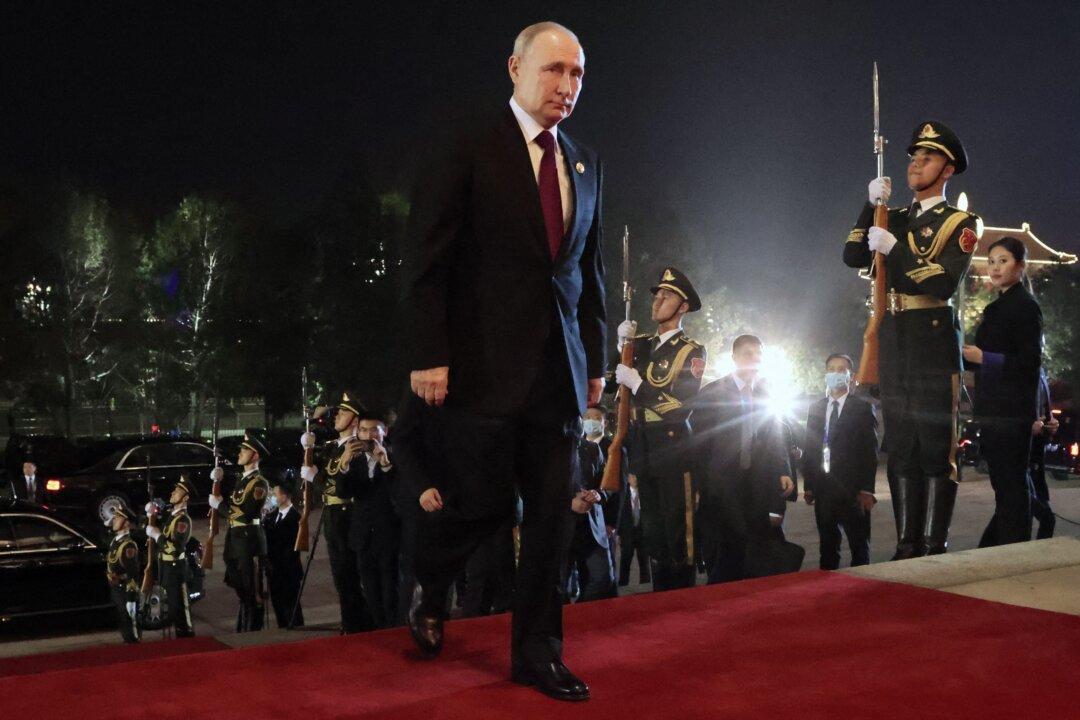Commentary
Russian President Vladimir Putin’s recent visit to Beijing was a rousing success, according to Russian and Chinese media.

Russian President Vladimir Putin’s recent visit to Beijing was a rousing success, according to Russian and Chinese media.